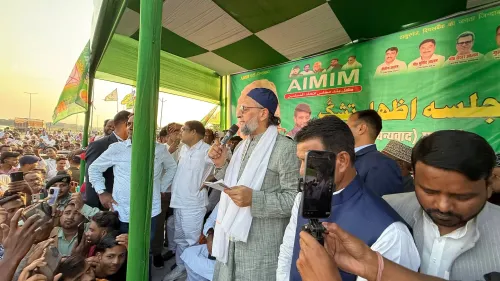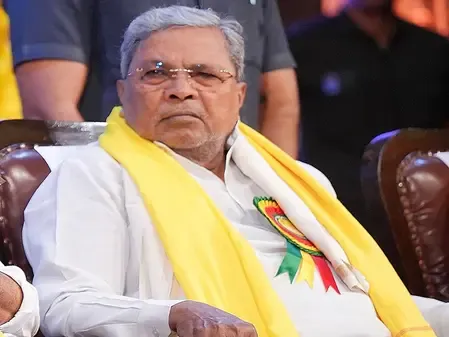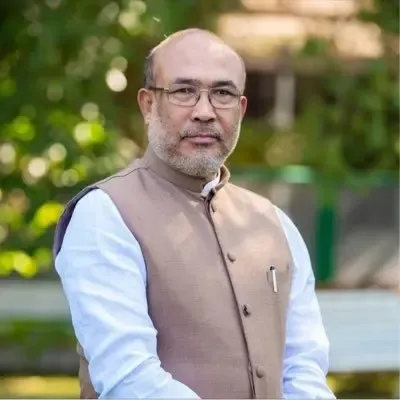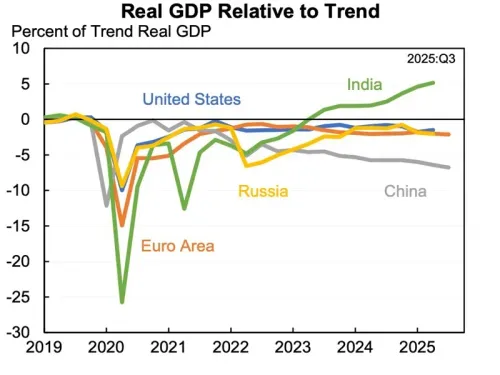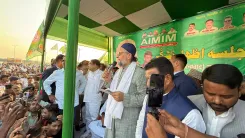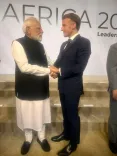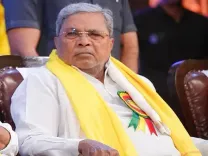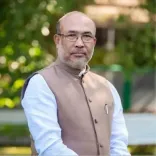What is NSA Ajit Doval Doing in Moscow Amid US Tariff Threats Over India's Russian Oil Purchases?
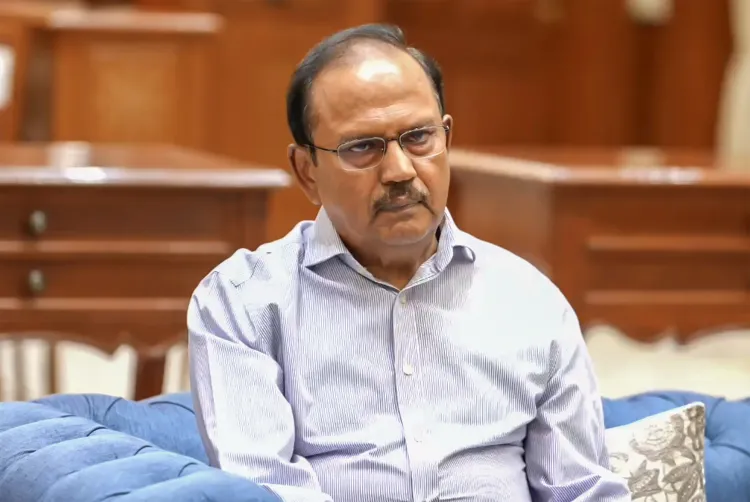
Synopsis
Key Takeaways
- NSA Ajit Doval's visit is focused on enhancing India-Russia defence ties.
- US tariffs pose a significant challenge to India's oil procurement strategy.
- The discussions will include potential acquisitions of advanced military systems.
- India maintains its stance on securing economic interests amidst international pressure.
- Geopolitical dynamics are shifting, impacting global trade relations.
New Delhi, Aug 6 (NationPress) National Security Advisor (NSA) Ajit Doval is set to engage in discussions with high-ranking Russian officials in Moscow on Wednesday, focusing on enhancing India-Russia defence and security collaboration.
This diplomatic visit occurs amidst a backdrop where US President Donald Trump has signaled a potential hike in the 25 percent tariffs on Indian imports due to New Delhi's ongoing oil transactions with Russia.
Trump has charged India with "fueling the war machine" by acquiring lower-cost Russian oil and subsequently profiting from its sale.
During his time in Moscow, NSA Doval will not only deliberate on the defence and security partnership but will also address the oil procurement issue and the forthcoming Modi-Putin summit.
According to reports from Moscow, the current rise in geopolitical tensions will be a focal point of discussion, along with the logistics of Russian oil supplies to India.
This visit aligns with a pre-existing agenda, centering on the cooperation between India and Russia.
Doval is also expected to discuss collaborations in the defence sector.
Reports indicate that talks may encompass the potential acquisition of additional S-400 missile systems, establishing maintenance facilities in India, and exploring the purchase of Russia's Su-57 fighter jets.
Earlier this week, the Ministry of External Affairs (MEA) issued a statement dismissing the US and EU's criticism regarding India's Russian oil imports, labeling it as unwarranted.
EAM Jaishankar subtly criticized the tariff threats, stating, "We navigate through complex and uncertain times. Our shared aspiration is to foster a fair global order, not one dominated by a select few."
The External Affairs Ministry emphasized, "As a major economy, India will implement all necessary measures to protect its national interests and economic security."
It also condemned the double standards in targeting India, highlighting that the European Union engaged in a $67.5 billion trade with Russia, while Washington continues to import uranium, palladium, fertilizers, and other chemicals.

